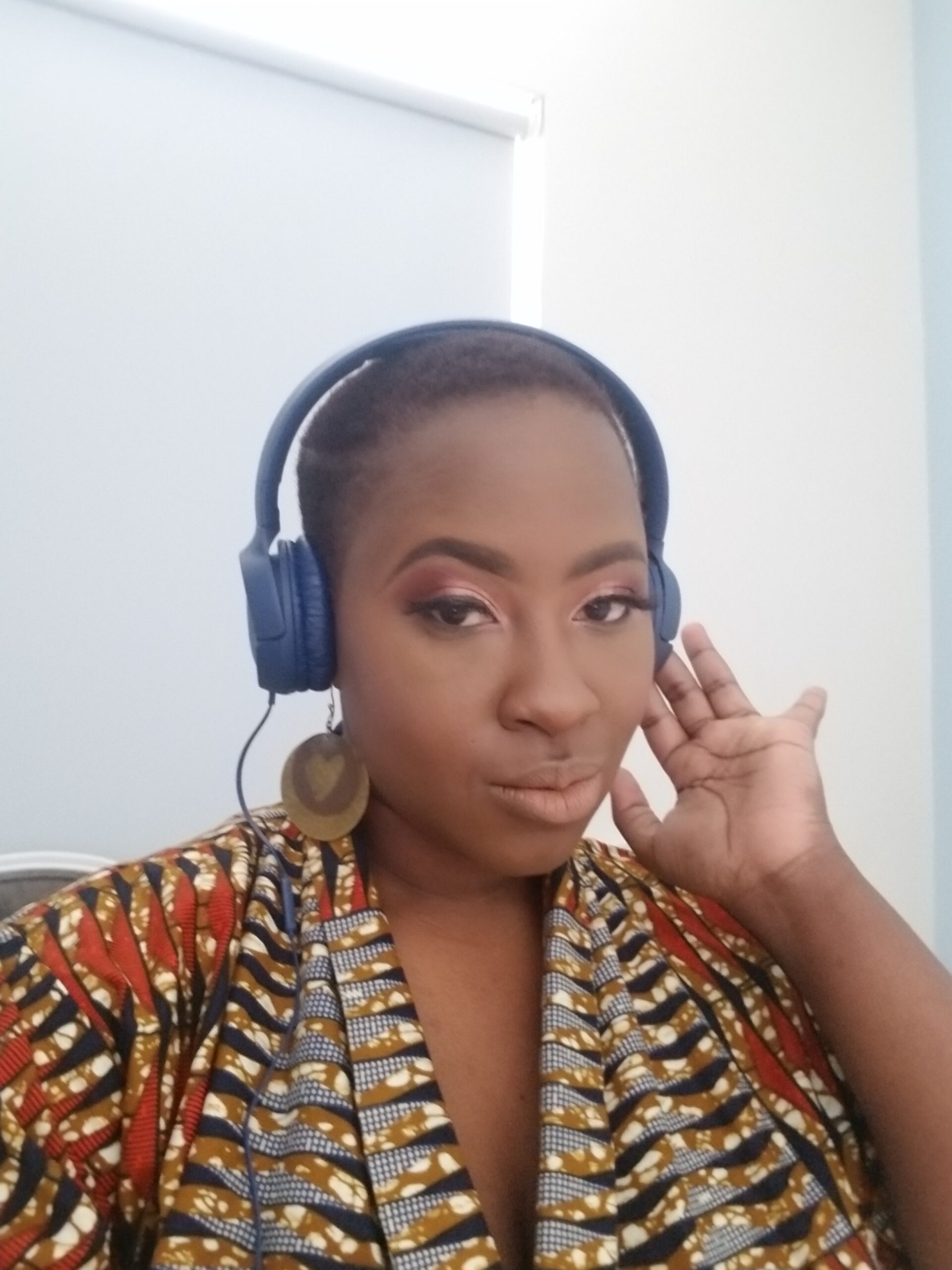I have never been one for the “save the rhino” campaign. Not that I have anything against the beasts, they are majestic and an integral part of wildlife across the continent. I will just not donate much money or any time to the cause.
Does that make me a bad person. To some, yes.
But the cookie does crumble the other way. I may not have much interest in the rhino but I was, and still am, mentally and emotionally involved in the heightened nature of police brutality from #FeesMustFall to Marikana, from Nairobi to the US. I once saw a particularly crude (but on the mark) joke about how if you wanted to make a certain race care about police brutality make sure an animal was hurt in the march.
We all have a hierarchy of things we care about. Every time a terrorist incident such as the Paris attacks happens, we see it in the level of reaction to the loss of human life.
In the wave of solidarity one sees very little spoken about France’s retaliation, the bombing of “Isis recruitment centres”, which results in the loss of civilian life — people not involved in the conflict — and loss of amenities and utilities, plunging innocent people into an even more dire situation. If the outrage is to be in context and is about all lives then surely this must also be taken into account.
Also the Paris attacks happened the night after the Beirut attacks. The world slept through the first attack and stopped for the second. This is the case every time and we have the same online debate of “Why do you care more about X than Y?” This is the fundamental question we must ask ourselves “Why do I get outraged about X more than Y?”
What of those who lost their lives in a similar attack in Nigeria? Will candles be lit for those lives? Cartoons and hashtags made for them, a Facebook status or two?
No?
Well then, guess all outrage is equal but some is more equal than others and some lives deemed more innocent than others. The #JeSuisChien hashtag honouring a dog that died in the Saint Denis raid trended harder than #PrayForNigeria.
It’s not politically correct to say that you care about Paris more than what happened in Beirut, Kenya or Nigeria but your Twitter/ Facebook/ general outrage says it for you. Pointing this inequality out doesn’t make it a competition or minimise the pain in a way, it simply exposes who and what society or individuals deem important
We must explore and engage with the bias that fuels our outrage.
South Africa for me reads like a micro social experiment on wider global issues. It does not take a social media analyst to spot the pattern that Eurocentric issues cause an intense stir on the timelines of a certain demographic. Suddenly a considerable amount of people are with “Charlie”, stand with France and the tricolore filter covers profiles. But many of these profiles remained unchanged when the Garissa attacks happened in a country four hours away.
This is simply a request for people to check their bias. Do you not relate to the miners living just outside your city as you do to people living 10 hours and one Schengen visa away? Why does my DStv Comedy Central stop to show me the Eiffel Tower but never once uttered a word about the university students that were attacked next door in Kenya.
Maybe it’s a case of some lives exist in such a precarious and exposed state that it does not matter if a few are lost. It was bound to happen anyway, right? Maybe it’s the shock that something like the Paris attacks could happen to Europeans in their much more “civilised” existence while others live in an urban jungle. Maybe the rhinos are the future and not the girls who are still missing. Maybe you really just feel that European lives matter more and thus you care more.
And that is fine because there is not enough space to care about everything, that is the awful truth. So much is wrong with the world that to care about everything is to have the mental and emotional capacity to care about nothing. But let us at least be cognisant of our conscious and subconscious outrage to certain things.
It will expose our bias and let us quickly move forward knowing who really does give a damn and who doesn’t.





